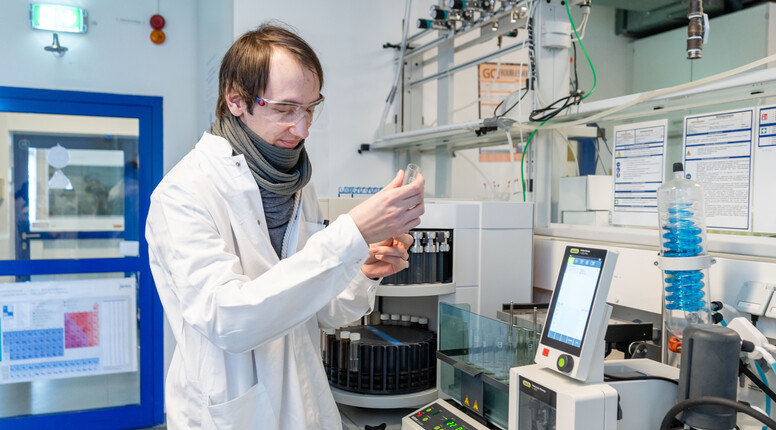Modelling of Chemical Properties and Fate
€1,320.00
The module covers the background and practical application of substance evaluation using computer-based methods. Due to
improvements in computational power, computer-based methods have changed the traditional way to engage in experimental science.
Quantitative structure-activity relationship (QSAR) models link a property or effect, such as boiling point or toxicity, to parameters
associated with chemical structure. These models can be used to assess chemical substances within the so-called in silico approach
(as an analogy to the in vitro and in vivo approach). After a basic introduction, this module mainly focuses on the practical application
and applicability of in silico software and assessment.
| is restricted access: | Yes |
|---|---|
| Requirements - university entrance qualification: | Not required |
| Requirements - one year of work experience: | Required |
| Requirements Language: | English: TOEFL Internet (92 points); IELTS (Acad. Level 6.5 points); CAE/CPE (Level C1, Grade B); TOEIC (720 points listening/reading, 310 points speaking/writing); if necessary, individual examination. |
| Requirements Expertise: | Knowledge of chemistry, biology & environment |
| Other requirements |
1) Training as a chemical-technical assistant or pharmaceutical-technical assistant OR 2) B.Sc. in Chemistry, Pharmacy or similar |
| Topic: | Engineering & Natural Sciences, Sustainability, Energy & Environment |
| Format of course: | Online |
| Level: | Master |
| Course language: | English |
| Study programme |
Sustainable Chemistry
Go to study program website
|
| Number of credit points / ECTS: | 5 |
| Workload Contact time (in hours): | 8 |
| Workload self-study time (in hours): | 117 |
| Examination: | In-class examination |
| Exam format: | Portfolio |
| Further exam format: | No further Exam |
| Qualifikationsziele |
Students will acquire substantive knowledge about:
|

